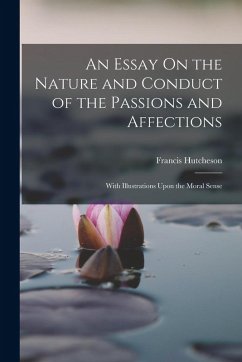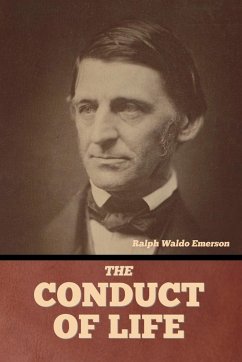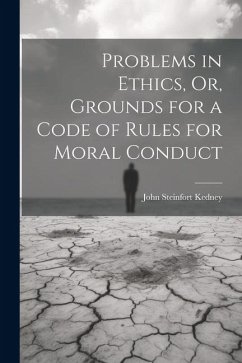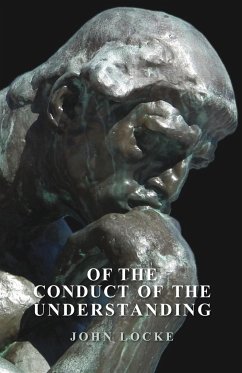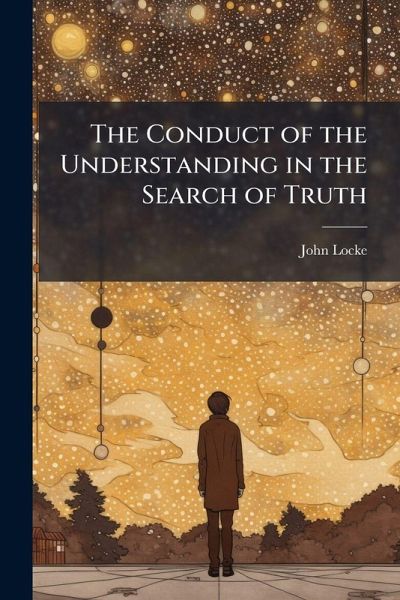
The Conduct of the Understanding in the Search of Truth

PAYBACK Punkte
9 °P sammeln!
"The Conduct of the Understanding in the Search of Truth" is a treatise by John Locke, the eminent 17th-century philosopher. Published posthumously, this work delves into the principles of clear thinking and effective reasoning. Locke's insights offer guidance on how to approach the pursuit of knowledge, avoid common pitfalls in judgment, and cultivate a disciplined mind. His ideas encourage readers to examine their own thought processes, challenge assumptions, and embrace intellectual humility. This enduring work remains relevant for anyone seeking to improve their critical thinking skills, n...
"The Conduct of the Understanding in the Search of Truth" is a treatise by John Locke, the eminent 17th-century philosopher. Published posthumously, this work delves into the principles of clear thinking and effective reasoning. Locke's insights offer guidance on how to approach the pursuit of knowledge, avoid common pitfalls in judgment, and cultivate a disciplined mind. His ideas encourage readers to examine their own thought processes, challenge assumptions, and embrace intellectual humility. This enduring work remains relevant for anyone seeking to improve their critical thinking skills, navigate complex information, and make sound decisions based on reason and evidence. Locke's accessible style makes this a timeless resource for students, scholars, and anyone interested in the foundations of philosophical thought. This work has been selected by scholars as being culturally important, and is part of the knowledge base of civilization as we know it. This work was reproduced from the original artifact, and remains as true to the original work as possible. Therefore, you will see the original copyright references, library stamps (as most of these works have been housed in our most important libraries around the world), and other notations in the work. This work is in the public domain in the United States of America, and possibly other nations. Within the United States, you may freely copy and distribute this work, as no entity (individual or corporate) has a copyright on the body of the work. As a reproduction of a historical artifact, this work may contain missing or blurred pages, poor pictures, errant marks, etc. Scholars believe, and we concur, that this work is important enough to be preserved, reproduced, and made generally available to the public. We appreciate your support of the preservation process, and thank you for being an important part of keeping this knowledge alive and relevant.



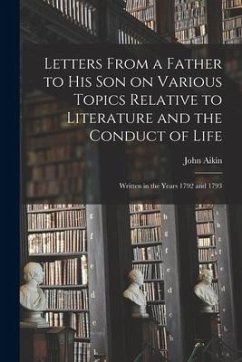
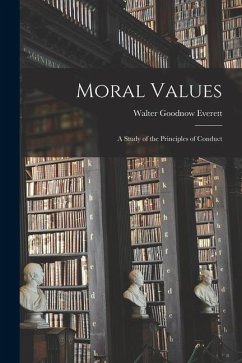
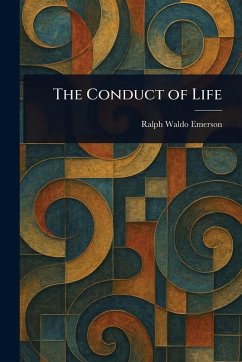
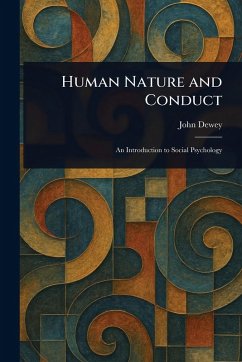
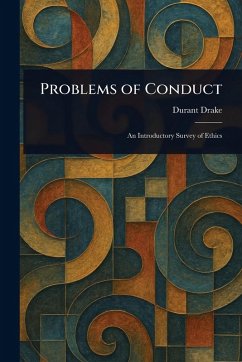
![A Spiritual Tour of the World in Search of the Line of Life's Evolution [microform] Cover A Spiritual Tour of the World in Search of the Line of Life's Evolution [microform]](https://bilder.buecher.de/produkte/65/65572/65572069n.jpg)
